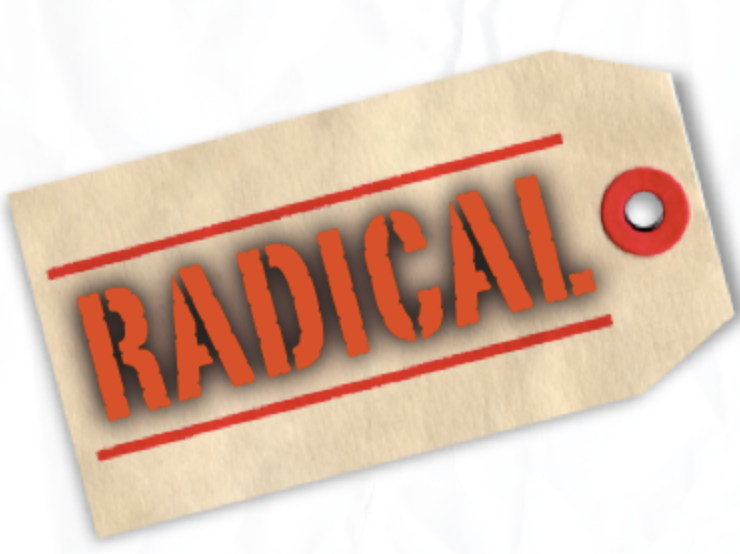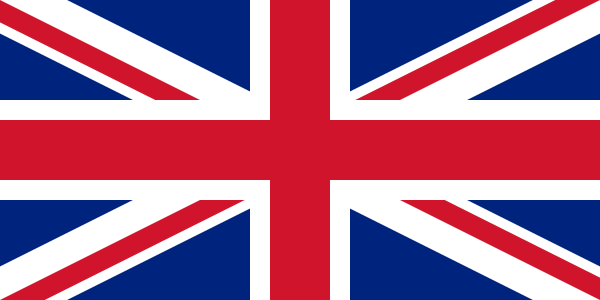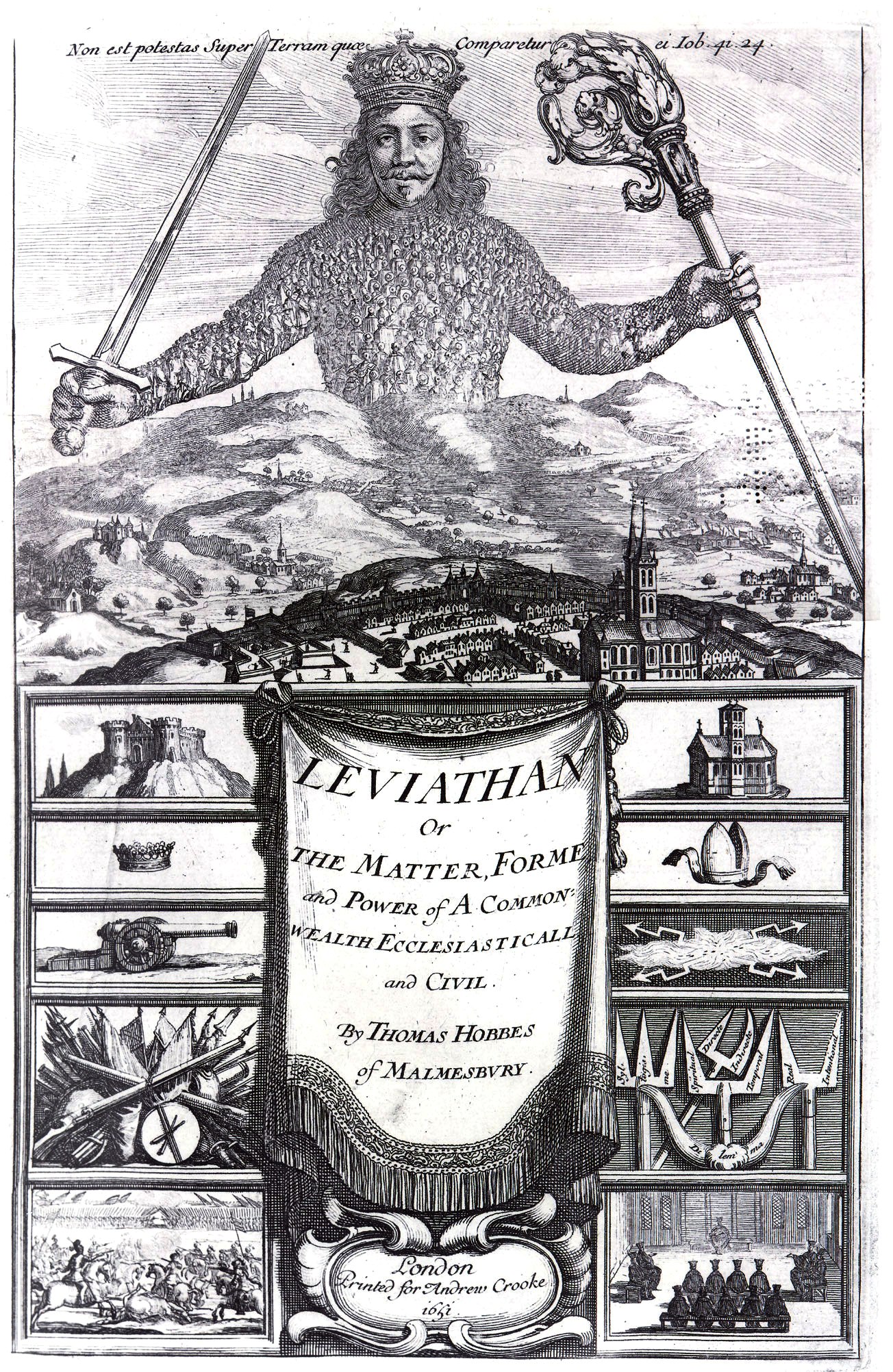John Key has responded to Hager’s claims saying: “So Nicky Hager says we’re a tax haven, well with the greatest respect, Nicky Hager is a left-wing conspiracy theorist.”
Newstalk ZB, 9 May, 2016
“Last time he came out with all this stuff,” Key said of Nicky Hager, one journalist involved in today’s story, “he was categorically wrong, he’ll be wrong this time as well…My very strong advice to New Zealanders is discount massively everything you hear from Nicky Hager.”
Newstalk ZB, 12 March, 2015
“If you like, my absence can be spun as part of the conspiracy story that Hager has put together,” he [Cameron Slater] says.
The Prime Minister tonight issued a response to the book, saying, “This is a cynically timed attack book from a well-known left-wing conspiracy theorist. It makes all sorts of unfounded allegations and voters will see it for what it is.”
News hub, 13 August, 2014
Are the Panama Papers revelations just another output from ‘left wing conspiracy theorists’ as our Prime Minister appears to believe?
He’s believed it before – and in relation to the same journalist – in 2014 over the book ‘Dirty Politics’ (also believed by Cameron Slater) and, by implication, in 2015 over revelations about the GCSB activities.
Of course, two of those stories involved more investigative journalists than just Nicky Hager. Presumably, then, left-wing conspiracy theorists have themselves been plotting their own conspiracy – in the mind of our Prime Minister, at least.
It seems the feverish mind of a ‘left wing conspiracy theorist’ – like rust – never sleeps.
Alternatively, such ‘feverishness’ might actually be a good thing. Here’s Wendell Phillips in an address to the Massachusetts Anti-Slavery Society on 28 January, 1852:
“Eternal vigilance is the price of liberty; power is ever stealing from the many to the few. The manna of popular liberty must be gathered each day or it is rotten. The living sap of today outgrows the dead rind of yesterday. The hand entrusted with power becomes, either form [sic] human depravity or esprit de corps, the necessary enemy of the people. Only by continued oversight can the democrat in office be prevented from hardening into a despot; only by unintermitted agitation can a people be sufficiently awake to principle not to let liberty be smothered in material prosperity.”
So one person’s annoying ‘conspiracy theorist’ may simply be another person’s eternally vigilant protector of liberty.
I guess it all comes down to which side of the power equation you sit (or, perhaps, ‘would like to sit’).
Conspiracies, of course, tend to happen in secret and are undertaken by those seeking to establish or extend their power, often against the public interest. As Adam Smith put it in Wealth of Nations:
“People of the same trade seldom meet together, even for merriment and diversion, but the conversation ends in a conspiracy against the public, or in some contrivance to raise prices.”
The Wealth Of Nations, Book I, Chapter X, para. 82.
Or, he might have added, ‘some contrivance to avoid tax’.
If Hager and the ICIJ are to be dismissed as ‘left wing conspiracy theorists’ engaged in their own conspiracy – in this instance, somehow to harm the ‘wealthy-but-innocent’ – then that conspiracy is nothing other than the open conspiracy of shedding light on the shadowy complexity of our murky, modern world and its elites.
It’s an ‘open conspiracy’ by virtue of its deep roots in the Enlightenment and is nothing other than the free, open and democratic ‘conspiracy’ of the many against the powerful few.
It’s a conspiracy we should all join.




